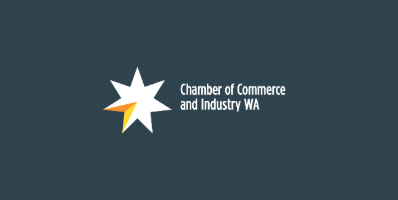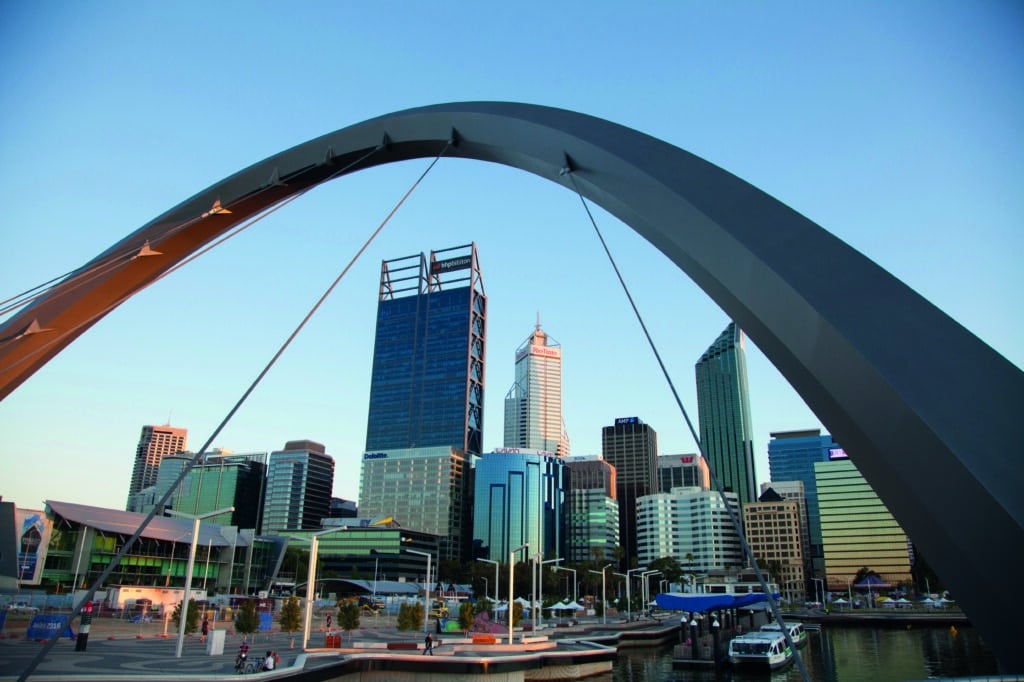
The WAIRC says its decision, which involved considering submissions from about 50 parties including the Chamber of Commerce and Industry WA, was based on “the overall economic environment and relevant social and industrial factors”.
It says the focus this year has been on the cost-of-living pressures from the high inflationary environment and rising interest rates in tandem with a continuing tight labour market. It expects inflation to “moderate” in the year ahead.
The State minimum wage will rise $43.50 per week, to $863.40 from July 1. Award rates will also increase by 5.3%.
The increases apply only to employees who are paid the minimum wage or award rates in the State industrial relations system.
The decision comes two weeks after the Fair Work Commission lifted the national minimum wage by 5.75% for 2.6 million workers from July 1.
Minimum wages will increase to $882.80 per week or $23.23 per hour. For some workers on the lowest award rate, the rise will be 8.6%.
CCIWA backs business
During the consultation phase, CCIWA spoke on behalf of WA businesses to urge balance and moderation in the WAIRC’s decision. This was in opposition to other parties including unions who were calling for a higher increase of 7%.
CCIWA advised that a cautious approach to any wage increase was needed due to uncertain economic outlook, the dominant role of the resources sector in the State’s economy, the impact of labour shortages and rising business costs.
“What we see in WA are SMEs (small-to-medium enterprises) that have seen their profits evaporate by a very high-cost business environment,” says CCIWA Chief Economist Aaron Morey.
“A lot of attention in the WA economy is on those big macro figures which are driven by those large successful mining companies.
“That’s great for the WA economy but it’s not reflective of many of the businesses that have to pay that minimum wage in WA.
“You peel back a layer of the onion; you find businesses that are really doing it tough in WA.”
Slowdown ahead
While the State economy remains sound, current data and forecasts for the year ahead are pointing to a slowdown in domestic growth, increasing downward pressure on household spending, with an uptick in unemployment, albeit from a 15-year low, says WAIRC.
The decrease in household spending as consumers tighten their belts further in response to high interest rates and prices, evidenced most recently by the RBA’s latest cash rate increase and moderating retail spending, will likely have an impact on those businesses most prevalent in the State system.
The decline in overall aggregate business profitability, from 26.4% considered in last year’s proceedings to 8.8% in this year’s case, was also a relevant consideration for WAIRC.

CCIWA Chief Economist Aaron Morey
Morey says while 5.3% is still a significant increase for many small and medium businesses, “we do think the Commission has weighed up the evidence and got the balance about right”.
“The entire economy is hanging on a knife edge,” he says.
“We are trying to balance that increase in interest rates without damaging the economy. Wage rates have a significant role to play in that.”
Morey says it is a “tough time for businesses”.
“They [businesses] are dealing with all sorts of rising costs,” he says.
“Consumers and households are beginning to retreat from some of that expenditure and above all those significant increases in interest rates which we must recognise impacts those mum-and-dad businesses as much as it does households as well.”
Morey says it is important businesses are supported.
“The most important thing the State Government can do is relieve that payroll tax burden so mum-and-dad businesses, family businesses in WA, don’t have the highest payroll tax burden in the country,” he says.
“If the State Government can relieve some of that burden it will make us more competitive across the nation.”
Are you affected by the minimum wage increase? Our Employee Relations Advice Centre is available to respond to your questions on (08) 9365 7660, or via [email protected].












